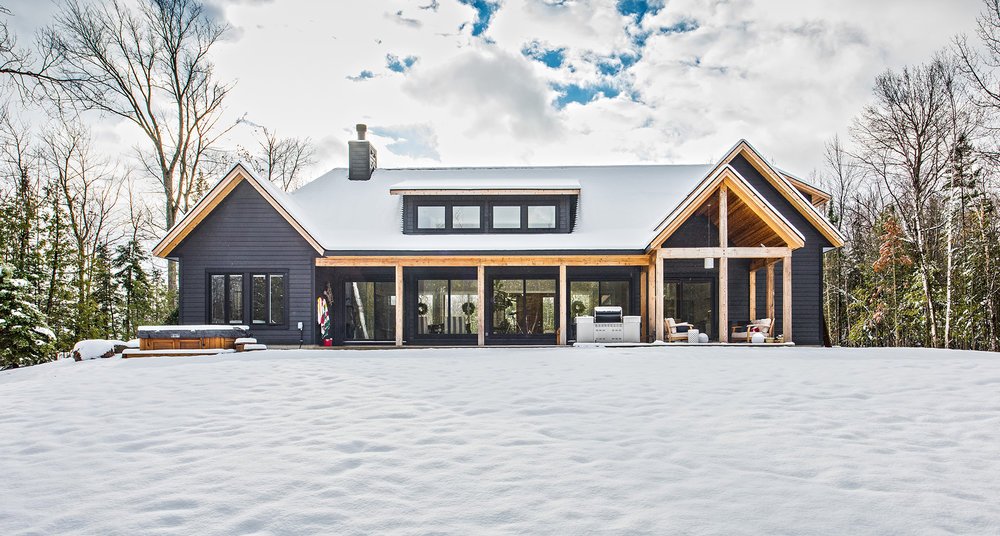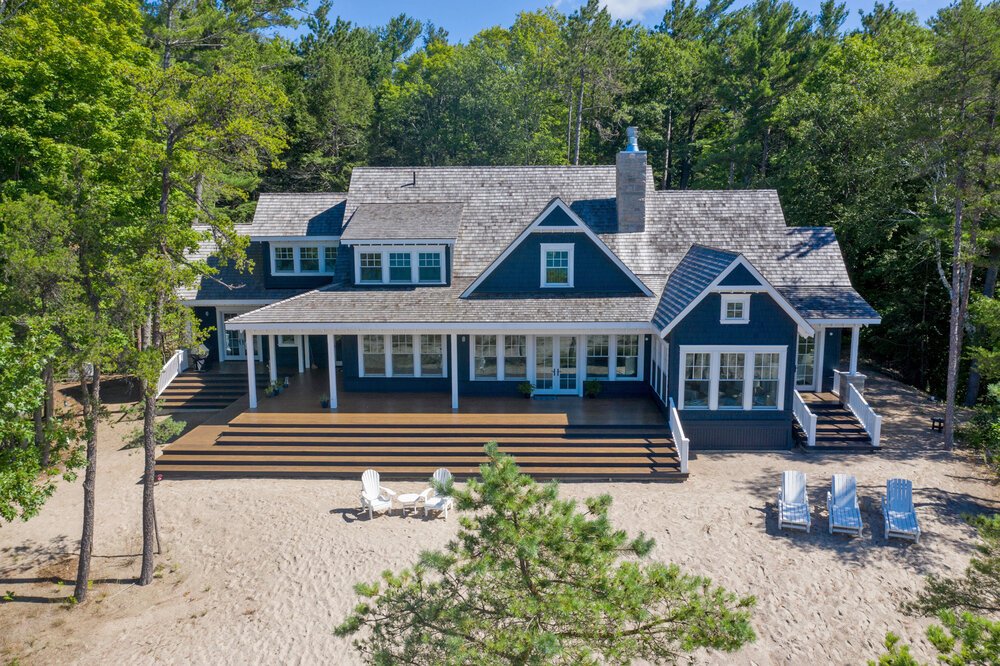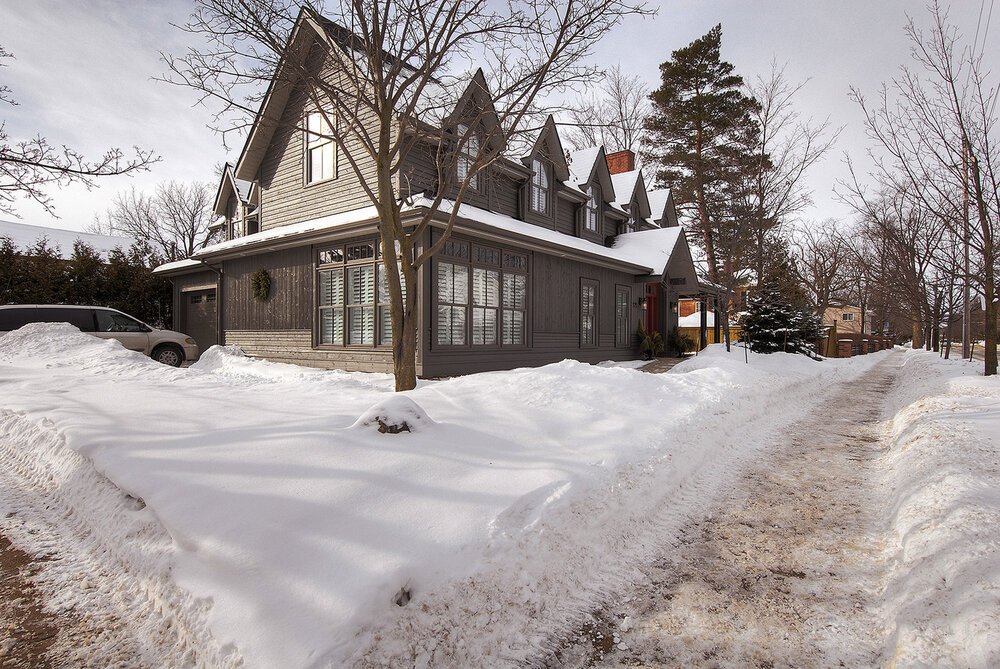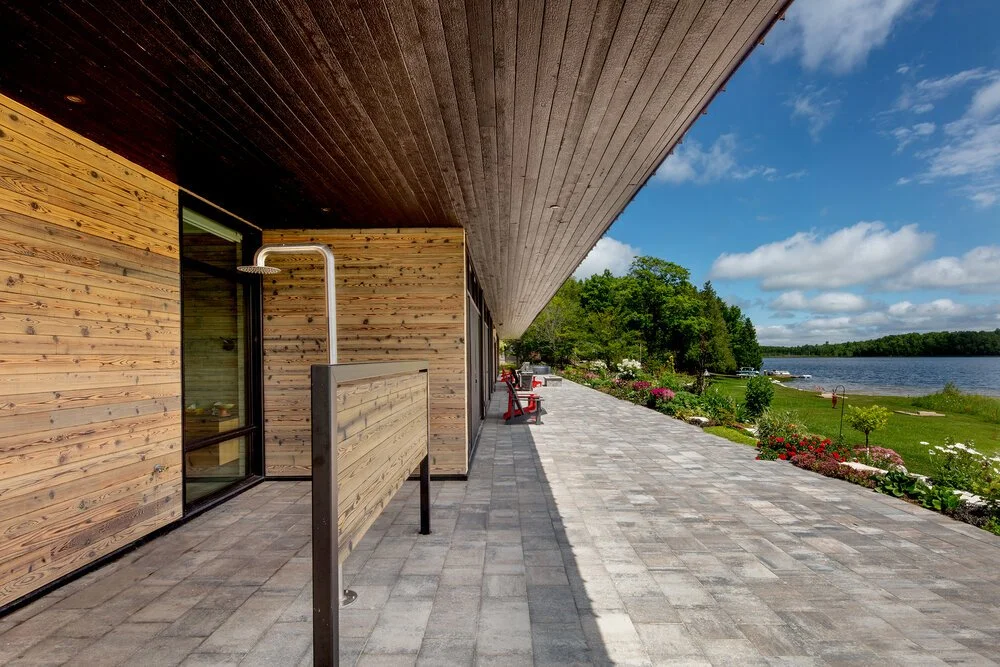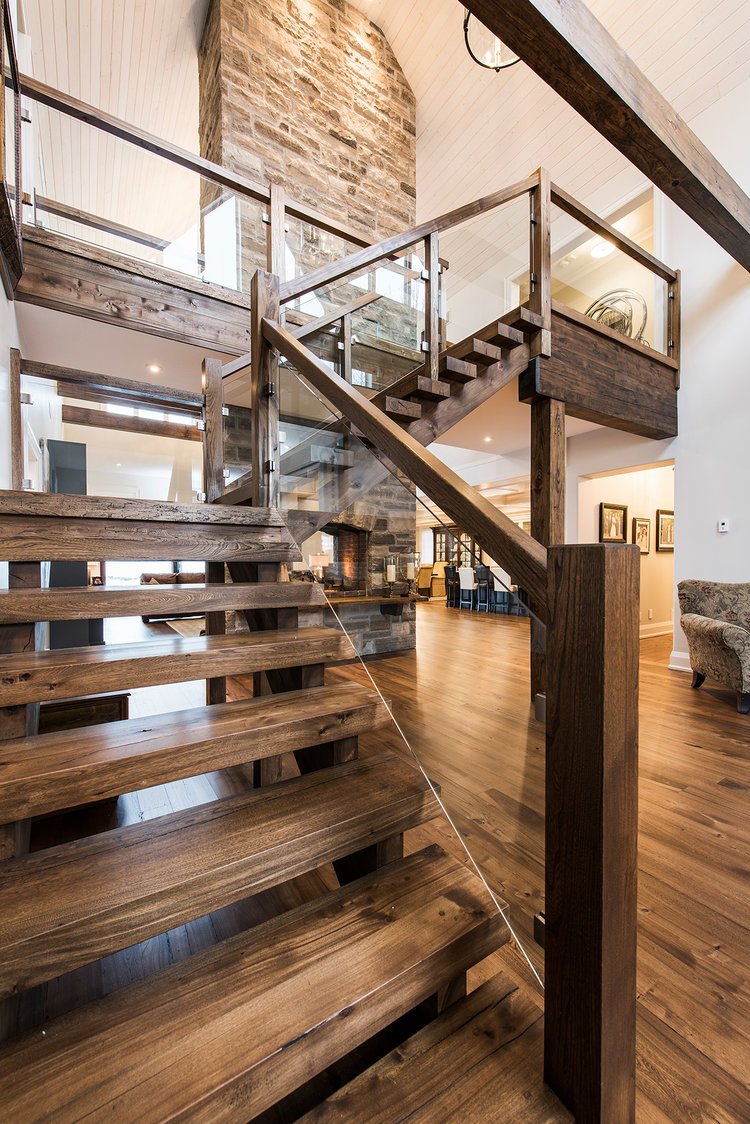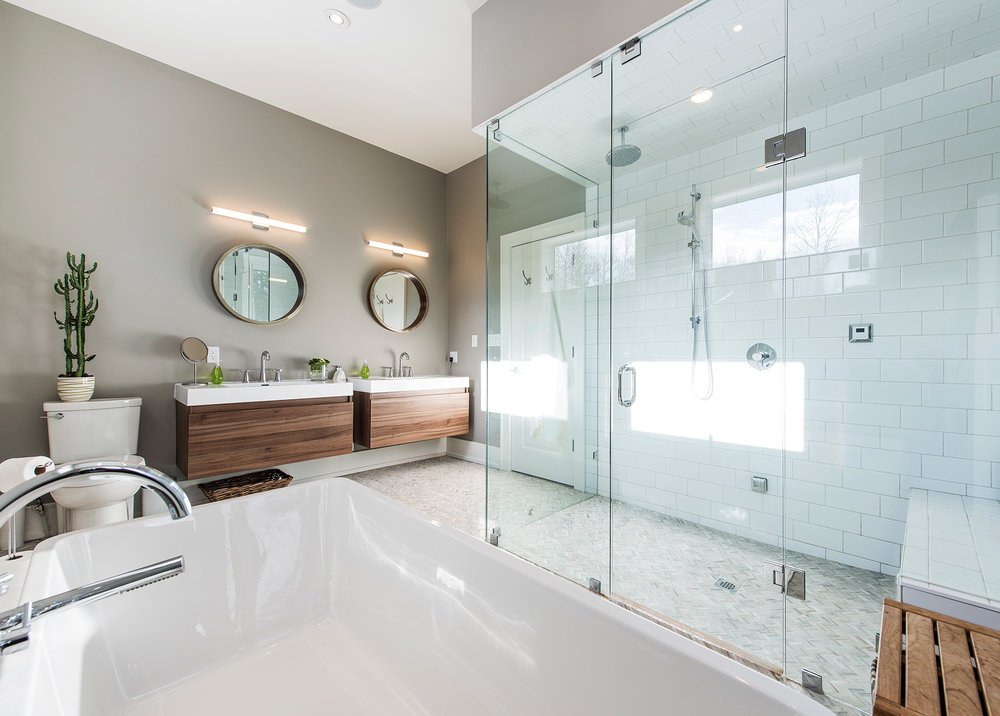Building a House: How Much Does It Cost?
When you are building a house, there are many different factors that influence the final cost. We’ve listed some of the most significant factors below to give you an idea of what choices will influence your budget. Read on to learn more.
Building a house: how much does it cost? Hopefully, you’ll have an answer to that question after reading this article, but if you want to learn more, contact L. Patten & Sons for more information or to get a quote on your upcoming project.
House Size
Size has one of the biggest impacts on price.
As soon as someone begins to explore the possibility of building a custom home, the size of that home is one of the first things they consider. They might ask things like:
How large of a house do I need for my family?
Do I want a smaller cottage or a larger permanent residence?
Do I need extra rooms for storage or entertainment?
All these questions and more play into deciding the final size for your future home.
Of all the different factors on this list, house size may be the easiest to conceptualize. The larger the square footage, the more expensive the project will be. Additionally, the area you choose to build near will affect how much a house of the same size will cost.
Due to demand, the price to build a house per square foot will fluctuate. Here’s an example of what some of the price ranges are in major Canadian cities, according to the Altus Group’s 2022 Canadian Cost Guide:
Vancouver: $150 – $275
Calgary: $125 – $200
Edmonton: $125 – $200
Winnipeg: $120 – $190
Greater Toronto Area: $165 – $260
Ottawa: $125 – $205
Montreal: $130 – $190
St. John’s: $120 – $155
For reference, a “small” house would be around 1,000 square feet, a more average 3-4 bedroom medium house is around 2,000-2,500 square feet, and a very large house would be 3,500+ square feet.
2. Location
Location can be important for sentimental reasons as well.
In addition to the varying prices per-square-foot as shown in the first section, choosing to build a new house in a rural vs urban location will have different pros and cons that will each influence your budget.
Rural locations will mean it will take much longer to drive to and from the build site, for both you and the contractors. Even if an idyllic county home is what you want, keep in mind that the home construction company may add extra costs to the project because of how far they have to travel. Choosing a local home builder can help reduce these costs.
Urban locations are more central and easier to get to, but sometimes the bustle of the city can get in the way. Provided you stay informed of municipal traffic, construction, or other closures, you’ll be able to inform your construction company of what they need to know to reduce transit frustrations for everyone. City locations are also more in-demand and land will cost more in these areas.
3. Landscape
The surrounding geography has a bigger impact than you might think.
Not all landscapes are created equal. The geographical features of the location where you build your house will have a large impact on how difficult it is to build a house that lasts.
Coastal Erosion - A house near the water will need to be built far enough away from the coast to not leak, and you will want to consider methods of preventing soil erosion.
Soft, Sandy Ground - The softer the ground, the deeper the foundation of your house will need to be dug.
Local Weather - If your house is being built somewhere with heavy snows, harsh winds, or lots of freezing/thawing in the winter months, it will need to be strong enough to withstand the elements, and will likely require ongoing yearly maintenance.
Slopes - Houses can be built on stilts, and an overhanging deck can make for beautiful scenery, but it will take a lot longer to build a house on an incline because of how much harder it makes moving materials and equipment.
For all these reasons, you will want to keep in mind what type of landscape the area you plan to build your home includes and what extra costs may be involved with building in a more difficult area.
4. Exterior Add-Ons
Exterior house add-ons are not always necessary but are nice to have! Many homeowners are used to having outdoor amenities like backyard decks or gazebos, so make sure to go over what types of add-ons you want to be a part of your new home before you sign the construction contract.
These are some of the most popular exterior add-ons:
Decks
Pillars
Porches
Garages
Balconies
Aesthetic home accents like decorative trim
Electric lighting
If you talk to the custom home-building company you’re working with, they’ll often be able to construct add-ons such as these at the same time they construct your home. For some projects, you may need to work with your landscaper rather than your home builder.
5. Luxury Interiors
One of the main reasons why people build custom homes is so they can finally have the interior amenities they’ve always dreamed of.
When it comes to interior features and fixtures, the only limit is your budget. Popular luxury interior features include:
Large bathrooms
Fireplaces
Integrated wine racks
Large kitchens
Gas stoves or induction ranges
Large bay windows
Exposed brick or woodwork instead of drywall
Stylistic lighting fixtures
If you have more ideas, bring them to your construction company. The goal is to build you the house of your dreams, and they can often accommodate whatever interior features you want.
6. Practical Considerations
Spend extra time planning to make sure you don’t forget anything.
Beyond the literal shape of your house, there are a few other practical considerations you ought to be aware of before committing to a new build:
Will you have to clear the land?
If the location of your house is heavily forested, you’ll need to clear it yourself or get a company to do it. In both cases, it will take time, and possibly heavy equipment, based on how dense the forestry is.
How fast do you want the house built?
Custom housing companies will often provide you with a rough timeframe of how long the construction is expected to take. If time is important to you, shop around and get quotes from different companies to make sure you find a business that can get things done as fast as you like.
Will you be doing any landscaping?
For rural properties or large plots, you may want to landscape your yard along with constructing your house. This will require you to also find a landscaping business you like. Fortunately, landscaping can be done after your house is built, although it can be disruptive to your lifestyle if you plan on moving in immediately.
What about future renovations?
If you foresee wanting to expand the size of your house to fit more people or add more rooms of any kind, you’ll need to account for that when you build your initial house. Leave space to grow, and don’t build a pool in a place that will prevent you from adding on to your house later.
Considering how big of a purchase a custom home is, make sure you feel confident that you’ve addressed all the possible details before beginning.
Quick Response. Expert Advice.
Contact L Patten & Sons for all the details surrounding custom house construction
Building a House: How Much Does It Cost?
Call L Patten & Sons to find out
“Looking for a builder to construct your dream home? I would look no further, as you found the right team with L Patten and Sons. The craftsmanship and attention to detail shown by their tradespersons was exceptional. The house that was built for us is magnificent, built on time and on budget.
Very easy to work with, the team made highly useful suggestions and were flexible to make modifications during the build when an improvement was apparent.
The team from L Patten and Sons will go above and beyond to make your building experience a most positive one. You have two very satisfied customers here who highly recommend Patten and Sons for your building projects.”

